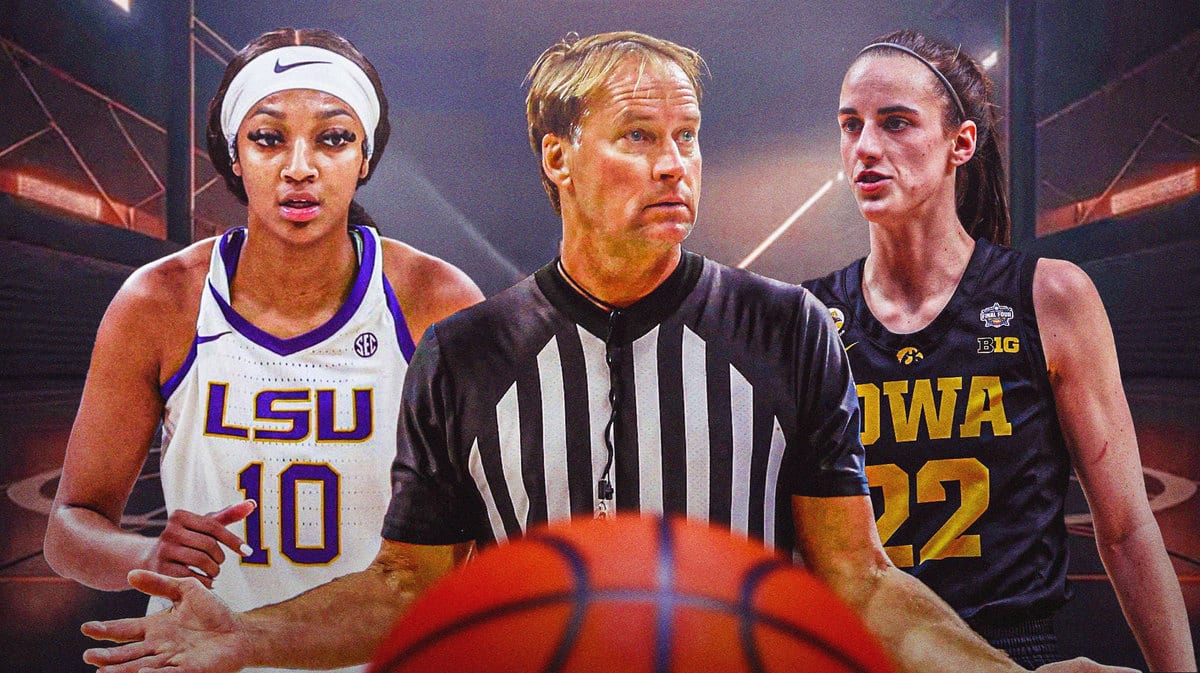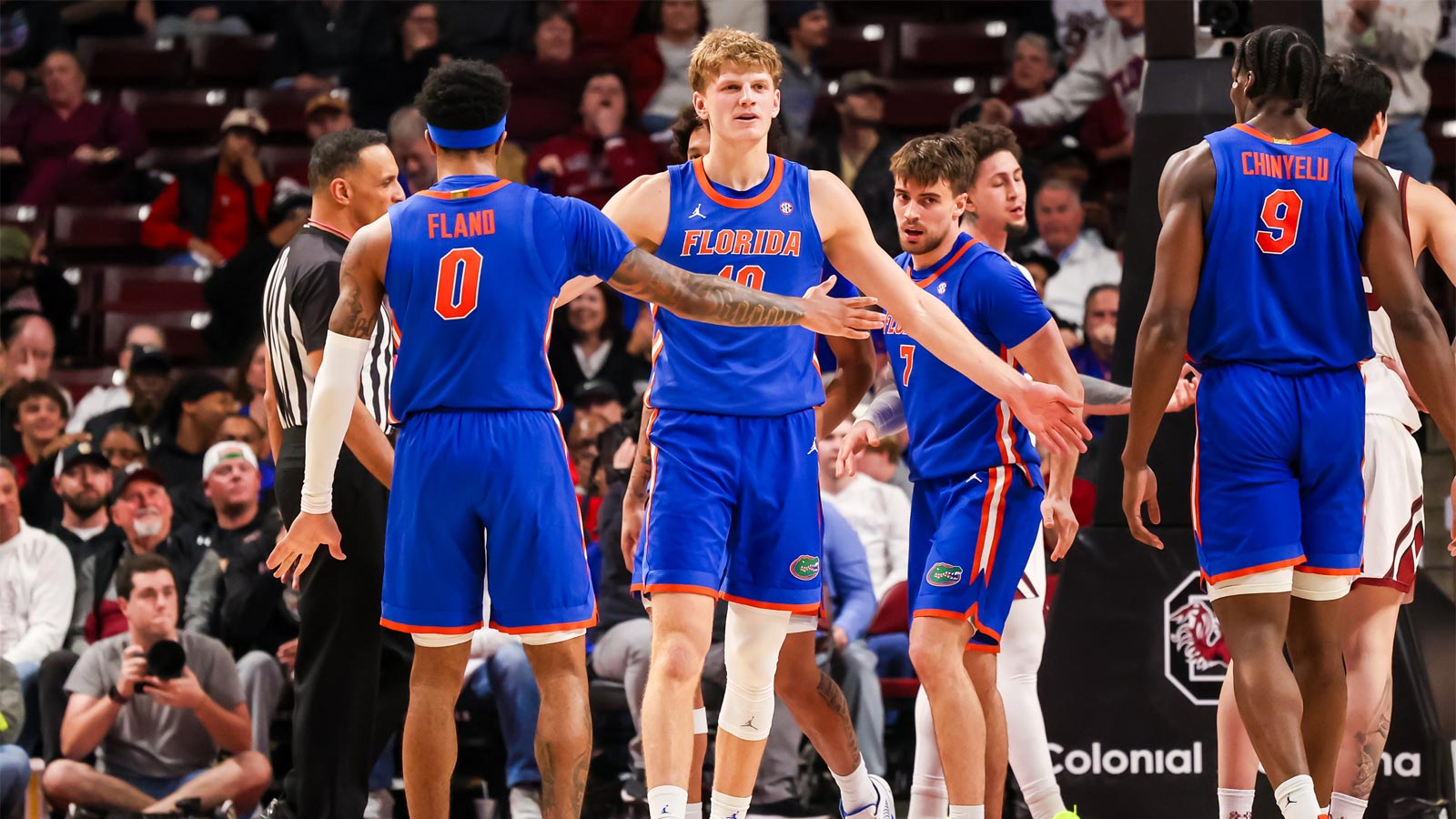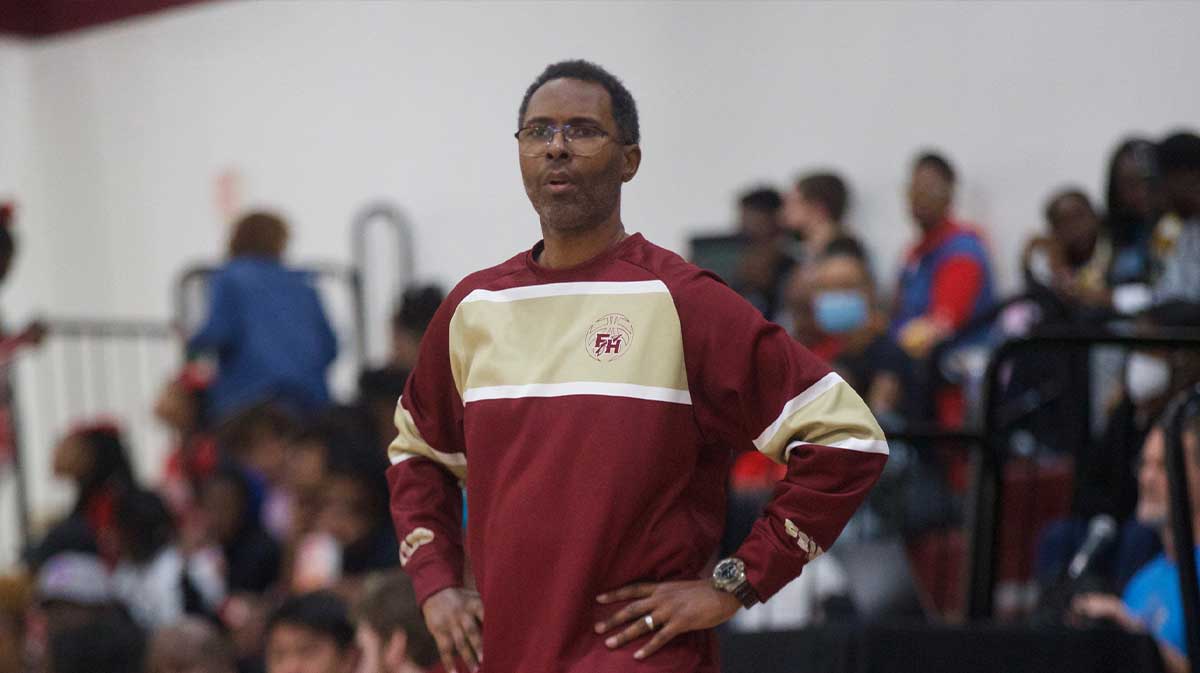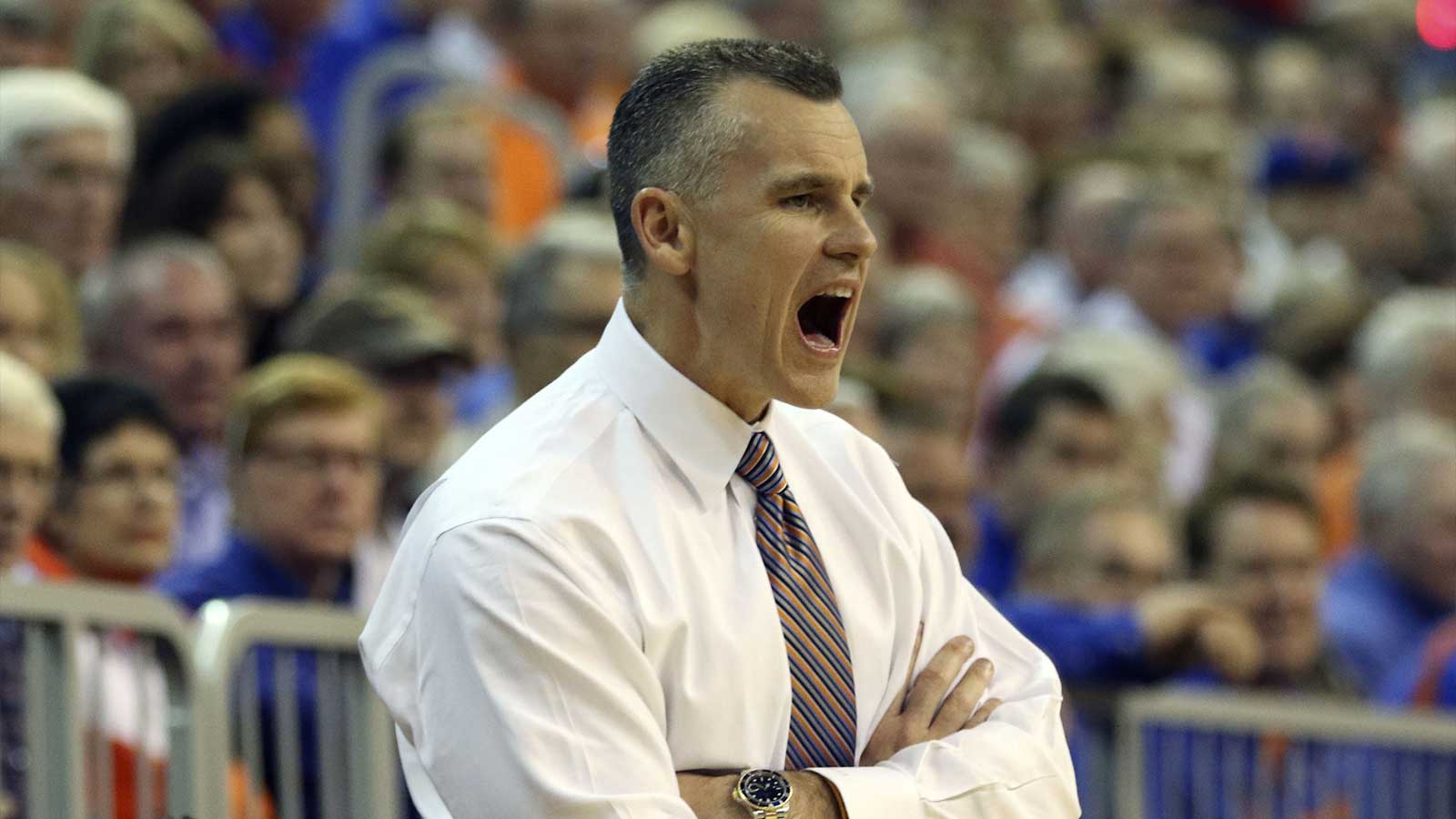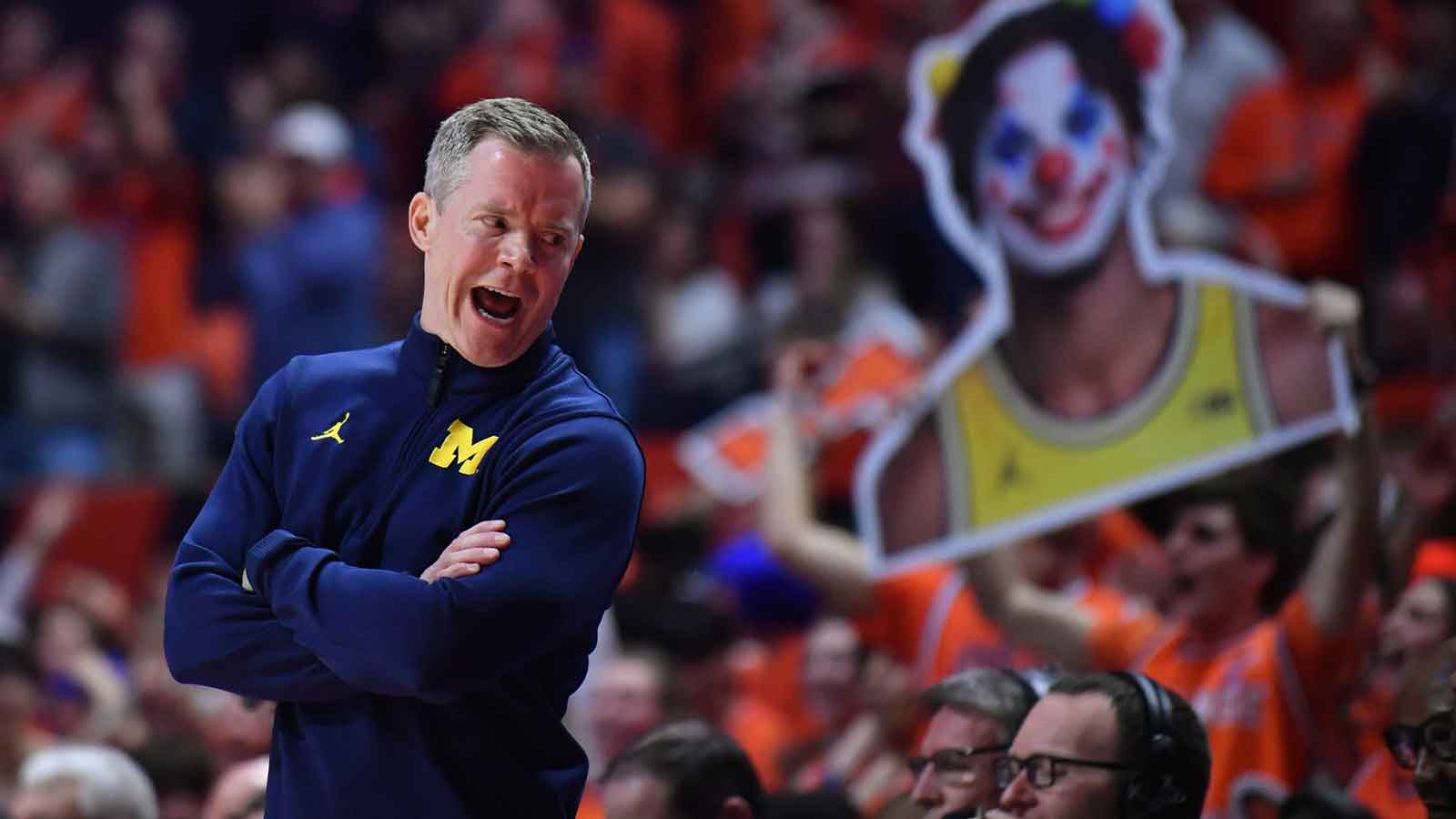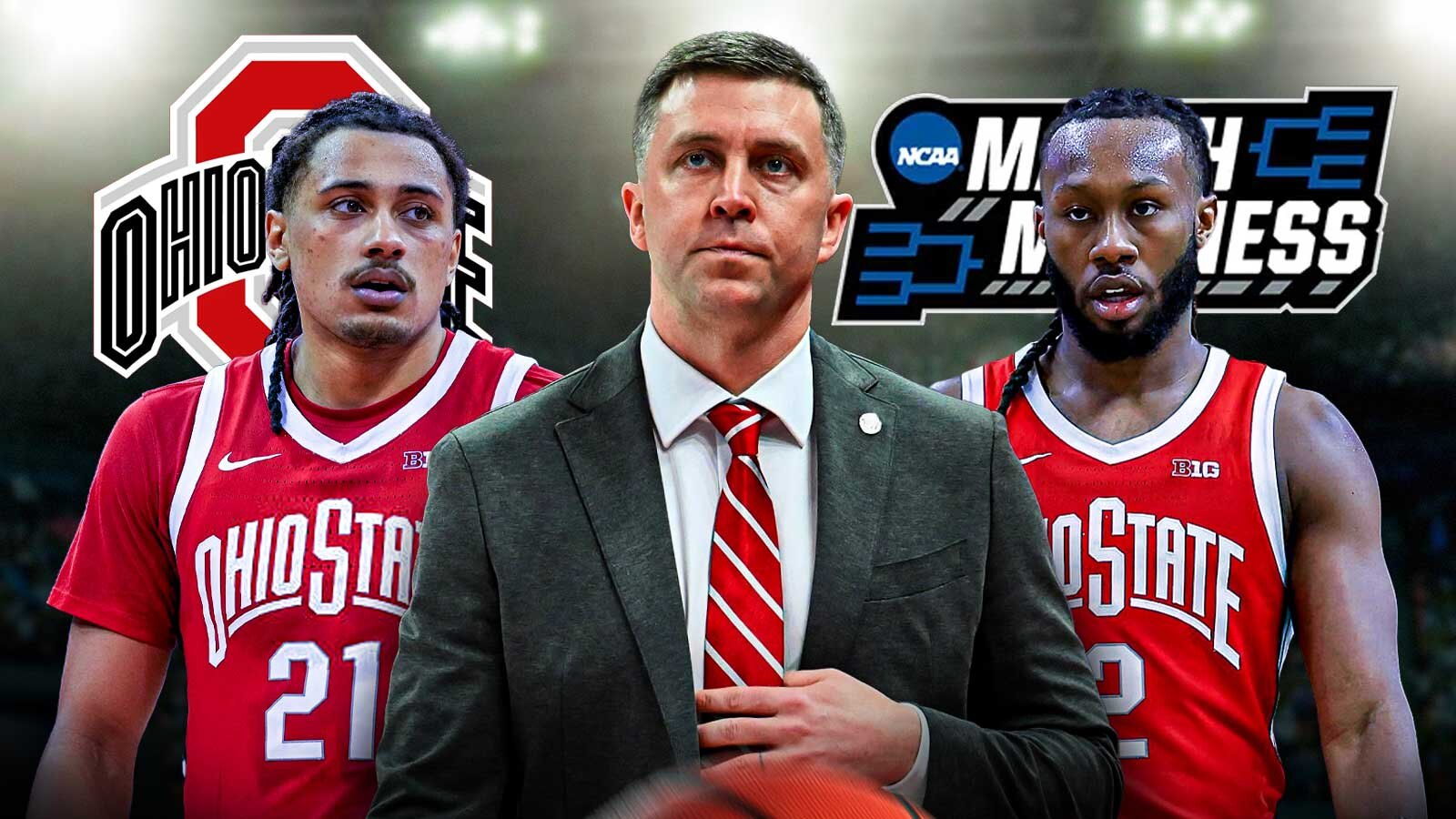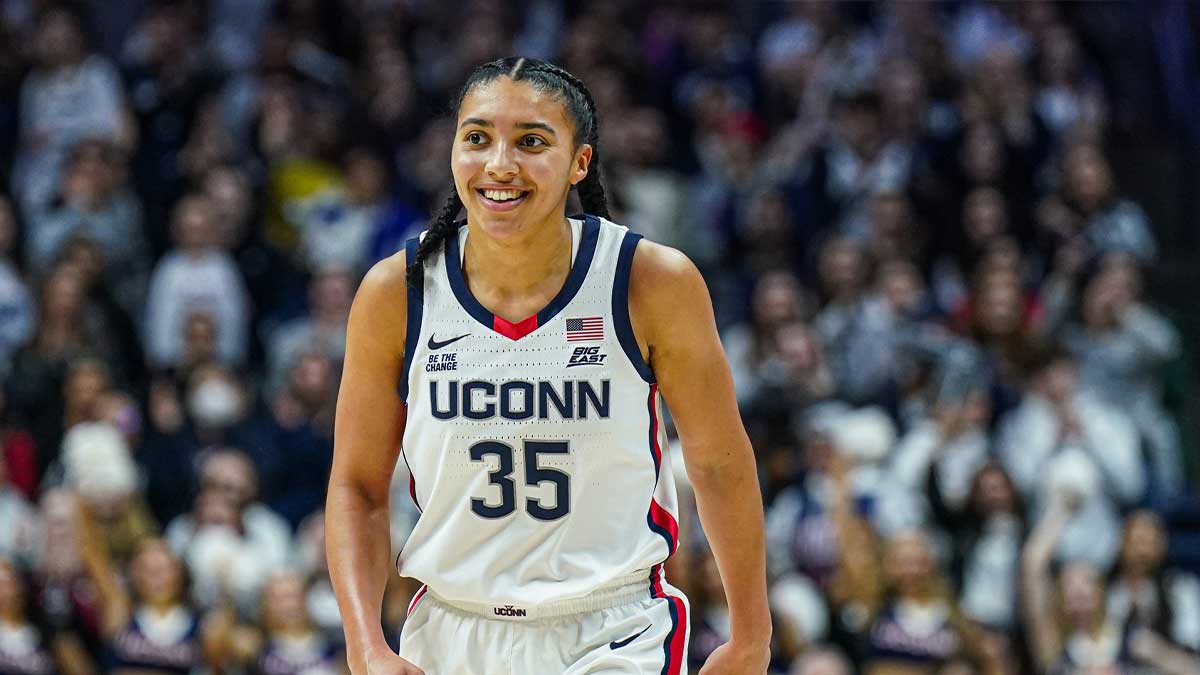In an unprecedented move, the NCAA expedited a review of its women's basketball tournament officiating following the highly criticized LSU-Iowa title game last season. LSU's championship victory was overshadowed by what many have cited as refereeing errors that have since been confirmed by an independent review shared with The Associated Press, as reported by ESPN.
The NCAA originally scheduled a review of its tournament officiating to take place following the conclusion of the 2024 championship in April. However, the timeline was accelerated by a year due to the backlash received from the LSU-Iowa game.
The NCAA, which typically conducts a post-championship evaluation, acknowledged the accuracy of calls during the controversial game fell below the usual standard. Lynn Holzman, NCAA vice president for women’s basketball, stated, “In that game, the percentage of correct calls was below [the historical average], around 88%.”
While the NCAA refrained from releasing specifics, an independent review conducted by an official not involved in the match reported a significantly lower percentage of correct calls. Notably, a foul charged to Angel Reese and missed offensive fouls were among the errors that sparked debate and led to this scrutiny.
This 88% benchmark, although consistent with the rest of the 2023 tournament, fell short of expectations for the season's climax. The review, carried out by the Pictor Group, presented several recommendations to enhance the officiating process. Among them are improved education and training for NCAA committees involved in the selection and evaluation of officials.
North Carolina coach Courtney Banghart, also the president of the Women's Basketball Coaches Association, expressed the broader concerns of the coaching community regarding officiating. The coaches' hopes are pinned on the NCAA's commitment to transparency and improvement in this area.
“Officiating across the board is a concern for people,” Banghart said. “Doing that assessment was a good step showing that they are trying to address it.”
Following the review, the NCAA has updated its rulebook. One significant change will prevent players from receiving a technical foul for certain delay-of-game violations. This rule revision comes in the wake of a contentious technical foul assigned to Caitlin Clark of Iowa during the last season's championship, a game-changing moment that could have had a different outcome under the new guidelines.
As the new season unfolds, LSU has faced a setback with a loss to Colorado, while Iowa has set a dominant tone with a victory over Fairleigh Dickinson. Yet, last season's officiating debacle continue to influence the game's regulatory landscape.

